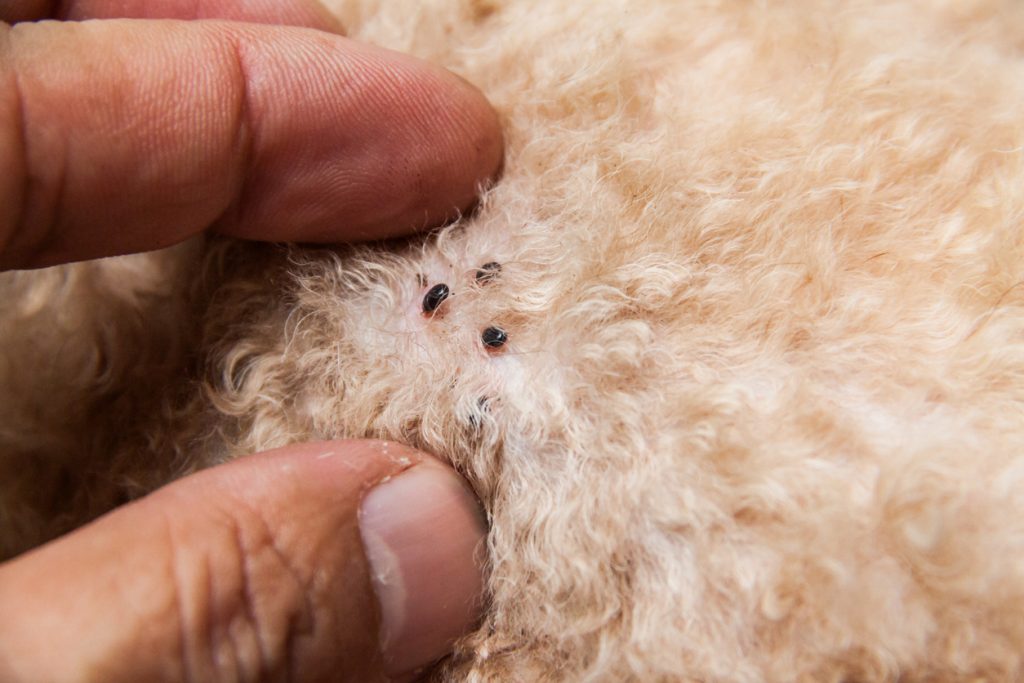Don’t Let Pests Bug Your Pup: Why Year-Round Protection is a Must!
We all want the best for our furry family members. We spoil them with treats, shower them with affection, and take them on the best adventures. But there’s one crucial aspect of their well-being that sometimes gets overlooked, or perhaps we underestimate its importance: year-round protection from fleas, ticks, and heartworms.
Let’s be blunt: neglecting this can lead to some seriously unpleasant (and even dangerous!) situations for your beloved dog. Oh, those tiny pests! Fleas might seem like a minor annoyance, but they are far from it. The itching and scratching they cause can be relentless, leading to skin irritation, hair loss, and even open sores that can become infected. Imagine being itchy all day, every day – it’s a nightmare for your dog! Many dogs are allergic to flea saliva, leading to a condition called Flea Allergy Dermatitis (FAD). This can cause severe itching, redness, and inflammation with just a few bites. Here’s a gross one: fleas can carry tapeworm larvae. If your dog ingests an infected flea (which can easily happen during grooming), they can develop tapeworms, leading to weight loss and nutrient deficiencies. In severe infestations, especially in puppies or small dogs, fleas can consume enough blood to cause anemia, which can be life-threatening.
Ticks aren’t just creepy crawlies; they’re vectors for a whole host of serious diseases that can have long-lasting, debilitating effects on your dog.
One of the most well-known tick-borne illnesses, Lyme disease can cause lameness, joint pain, fever, and lethargy. If left untreated, it can lead to more severe kidney and heart problems. This bacterial infection can manifest with symptoms like lameness, joint pain, fever, lethargy, and sometimes even vomiting or diarrhea. Another bacterial disease, Ehrlichiosis can lead to fever, joint pain, lethargy, loss of appetite, and even bleeding disorders. Chronic cases can be very difficult to treat. While less common in some areas, this serious bacterial disease can cause fever, joint pain, neurological signs, and even death if not treated promptly. In some cases, the saliva of certain tick species can cause a progressive paralysis that can lead to respiratory failure. This is a medical emergency!
The scary truth is that tick-borne diseases can be difficult to diagnose and treat, and their effects can linger for years, significantly impacting your dog’s quality of life.
This one is truly frightening because heartworm disease often shows no symptoms until it’s advanced, and by then, it can be incredibly challenging and costly to treat, if not fatal.
Heartworms are transmitted through mosquito bites. When an infected mosquito bites your dog, it transmits microscopic heartworm larvae. These larvae mature into adult worms that can grow up to a foot long and reside in your dog’s heart, lungs, and associated blood vessels. As the worms multiply, they cause severe damage to these vital organs, leading to a decline in your dog’s health. Symptoms can include a mild persistent cough, reluctance to exercise, fatigue after moderate activity, decreased appetite, and weight loss. In severe cases, dogs may develop a swollen belly due to fluid accumulation, or even sudden collapse. Heartworm treatment is a long, expensive, and risky process that involves injecting a powerful medication to kill the worms. It requires strict activity restriction for your dog and can have serious side effects. Prevention is infinitely easier and safer.
You wouldn’t skip your own immunizations or health check-ups, and your dog deserves the same proactive care. Protecting your pup from fleas, ticks, and heartworms isn’t just about comfort; it’s about safeguarding their long-term health and happiness.
Talk to your veterinarian about the best year-round preventative options for your dog. There are many effective products available, including oral medications, topical treatments, and even collars, that can provide comprehensive protection. Don’t wait until you see a problem – by then, it might be too late. Invest in your dog’s well-being and keep them happy, healthy, and pest-free!


